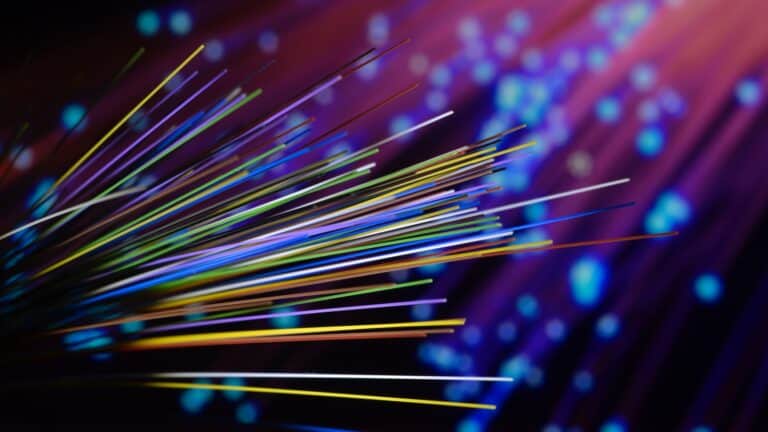The EU is looking to commit €45 million to the creation of a Black Sea internet cable. The aim of the project is to improve connectivity for Georgia while reducing reliance on Russia.
This week the Financial Times revealed that the European Union plans to deploy a submarine Internet cable across the bottom of the Black Sea. This will link EU member states to the Caucasus directly. The cable is estimated to cost €45 million and will span 1,100 kilometres.
According to a European Commission policy document seen by FT, the project aims to reduce the region’s “dependency on terrestrial fibre-optic connectivity transiting via Russia”.
Undersea cables seen to be vulnerable
Internet cables have “come under scrutiny because of global concerns around espionage”, FT explains. The article claims that land-based lines and the stations where submarine cables come ashore are seen as vulnerable to interception by governments, hackers and thieves.
Indeed, concerns around intentional sabotage of undersea cables and other maritime infrastructure have increased. The reason: the blowing up of Nord Stream gas lines last September. Investigators in Denmark, Sweden and Germany and western intelligence agencies have not been able to establish who was behind the pipeline attacks. However, authorities agree that the complexity of the operation indicate that it must have been a state actor.
Part of the “Global Gateway” initiative
There currently are more than 400 active submarine cables worldwide, extending for a total of 1.4 million km. These cables carry 99% of intercontinental internet traffic, including data, messages, emails and video calls.
Russia is one of multiple routes through which data packages move between Asia and Europe. It is integral to connectivity in some parts of Asia and the Caucasus. Russia’s critical role has “sparked concern from some politicians about an over-reliance on the nation for connectivity”, according to the FT.
The Black Sea cable should address those concerns. The project is part of the European Commission’s Global Gateway initiative. This initiative aims to offer developing countries an alternative to China’s Belt and Road initiative and Digital Silk Road initiative, each providing strategic funding for physical and digital infrastructure worldwide.
The European Investment Bank has proposed a €20 million grant for the Black Sea cable project. The plan is currently in the feasibility assessment stage and not yet open for bidding.
